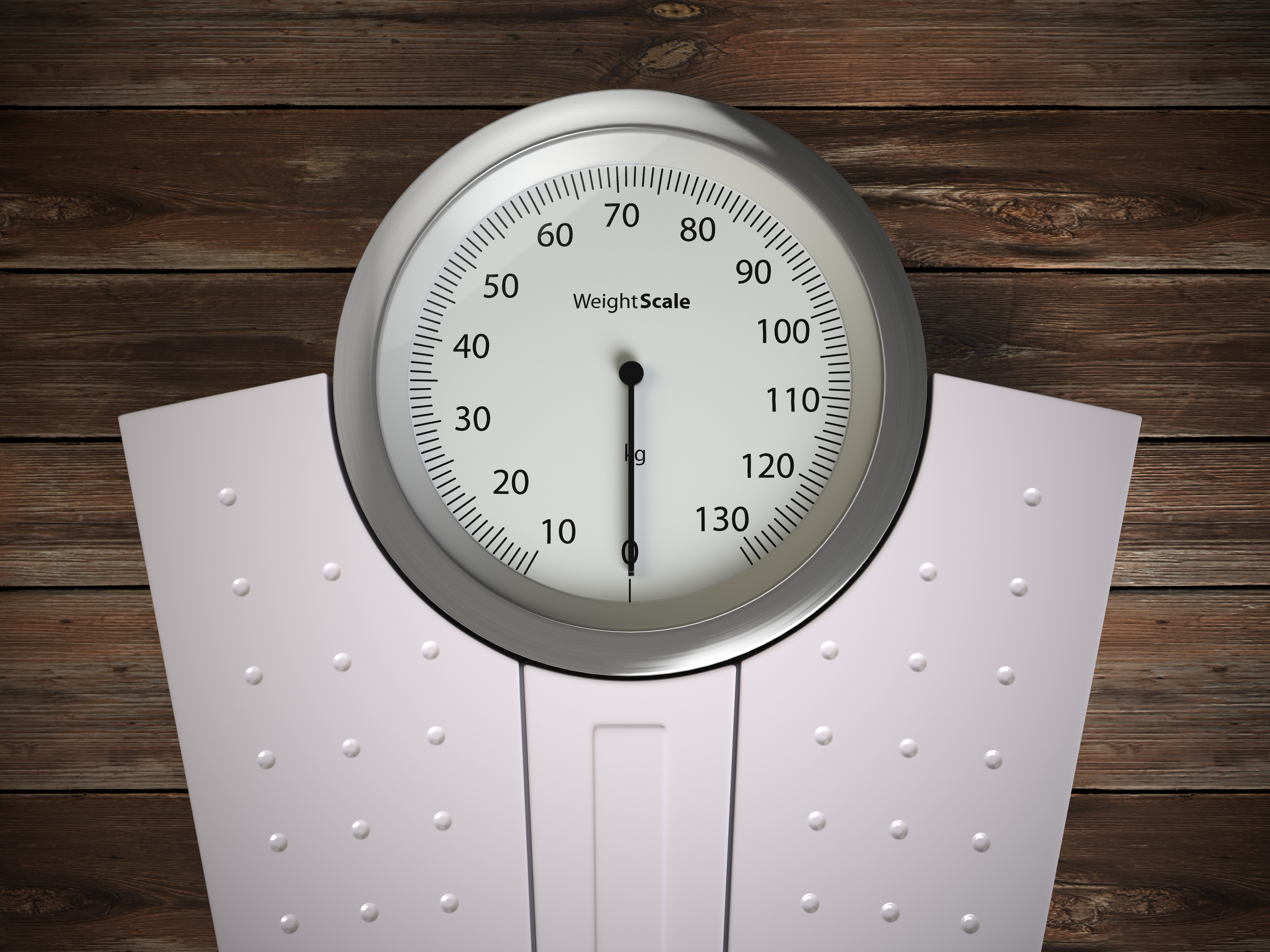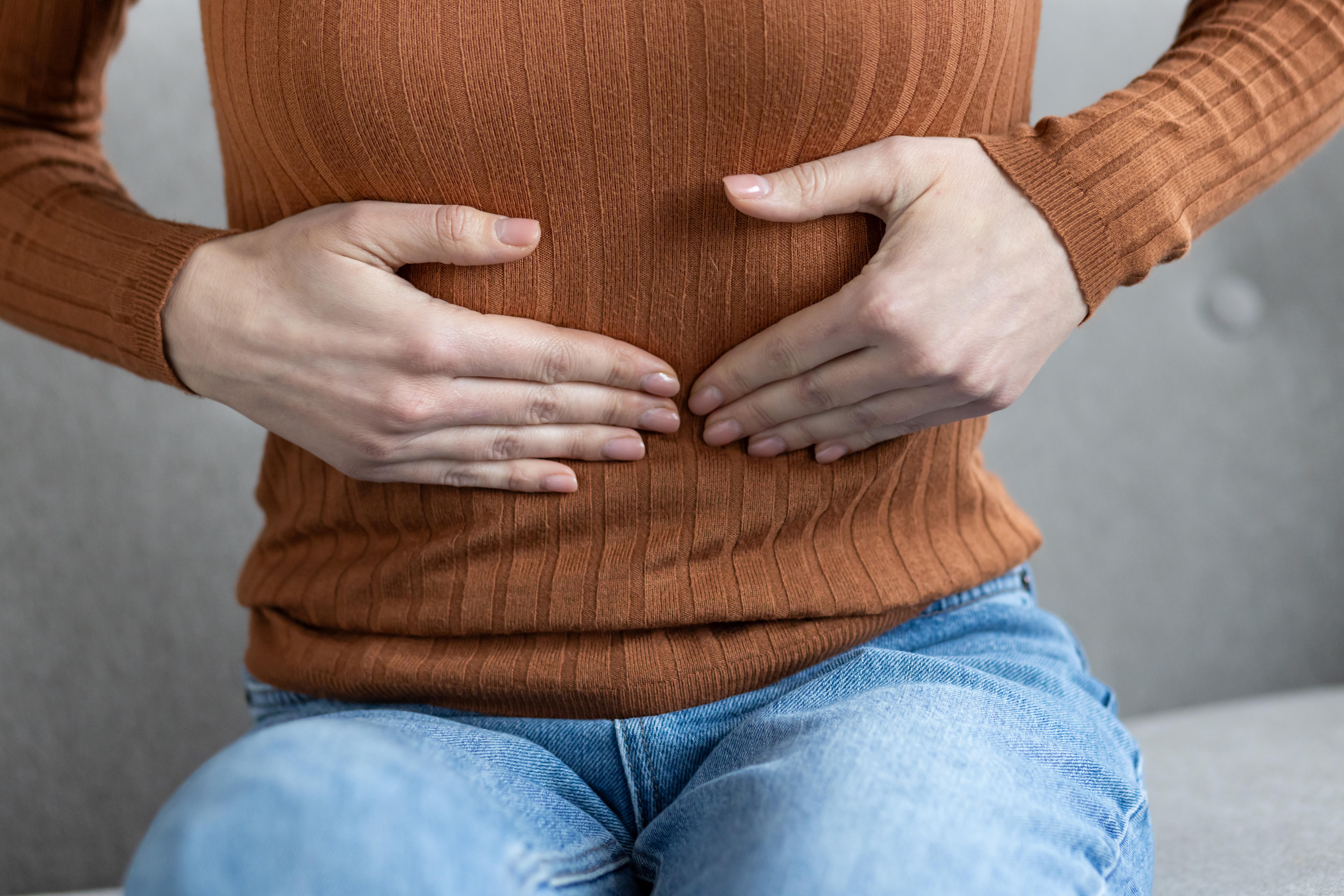9 Signs Your Gut Isn’t Happy
Our bodies are complex orchestras, with each system playing its part in harmony. Among these, the gut is a maestro, conducting the symphony of health with precision. Yet, when this conductor falters, the entire melody can become discordant. Often, the gut's distress signals are subtle, whispered rather than shouted. Understanding these whispers is crucial for maintaining overall well-being. This article delves into 9 subtle clues that your gut may be unhappy, exploring how these signs are interwoven with your health. By decoding these messages, you can take proactive steps to restore balance and harmony to your body's internal symphony.
1. The Unseen Connection Between Gut and Mood

Your gut and brain are in constant communication, a relationship known as the gut-brain axis. This connection means that your digestive health can directly influence your mood. An unhappy gut can lead to an imbalance in gut bacteria, affecting neurotransmitter production. For instance, serotonin, a key mood-regulating neurotransmitter, is predominantly produced in the gut. If you're experiencing unexplained mood swings, anxiety, or depression, it might be your gut signaling distress. Paying attention to these mood changes can help you identify when your gut needs attention, allowing you to address dietary or lifestyle factors that may be contributing to its unhappiness.
2. The Persistent Plague of Bloating

Bloating is a common yet often overlooked signal from your gut. It can be caused by various factors, including food intolerances, imbalanced gut flora, or even stress. When your gut is unhappy, it can struggle to process food efficiently, leading to gas and bloating. This discomfort can be persistent and affect your daily life. By tracking your diet and noting when bloating occurs, you can start to identify potential triggers. Eliminating or reducing these triggers, such as certain foods or stressors, can help alleviate bloating and restore comfort to your digestive system.
3. The Enigma of Fatigue and Energy Slumps

Fatigue and low energy levels might seem unrelated to gut health at first glance, but they can be significant indicators of an unhappy gut. When your digestion is impaired, your body may not absorb nutrients effectively, leading to deficiencies that cause fatigue. Furthermore, an imbalanced gut microbiome can lead to inflammation, which saps energy and leaves you feeling drained. If you find yourself inexplicably tired, especially after meals, it might be worth evaluating your gut health. Addressing gut issues can help improve nutrient absorption and energy levels, revitalizing your vitality.
4. The Dance of Digestive Discomfort

Frequent digestive issues such as constipation, diarrhea, or irregular bowel movements are clear signs that your gut may be unhappy. These symptoms indicate that your digestive system is struggling to maintain balance. Various factors, including diet, stress, and gut flora imbalances, can contribute to these issues. Keeping a food diary and noting your digestive patterns can help you identify potential culprits. Adjusting your diet to include more fiber, staying hydrated, and managing stress can support your gut in regaining its rhythm, leading to more regular and comfortable digestive processes.
5. The Unraveling of Skin Mysteries

Your skin can be a mirror reflecting your internal health, and an unhappy gut often manifests in skin issues. Conditions like acne, eczema, or unexplained rashes can be linked to gut health. When your gut is imbalanced, it can lead to inflammation and toxin buildup, which may then present as skin problems. Observing changes in your skin can provide clues about your gut's state. By improving your diet, reducing inflammatory foods, and supporting gut health through probiotics or fermented foods, you can often see improvements in your skin, reflecting a happier gut.
6. The Puzzle of Unexplained Weight Changes

Sudden or unexplained changes in weight, whether gain or loss, can indicate an unhappy gut. An imbalanced gut can affect how your body processes food and stores fat. For instance, certain gut bacteria can influence your metabolism and how you extract calories from food. If you notice unexpected weight changes, it may be worth considering your gut health. Analyzing your diet and lifestyle, and making adjustments to support a balanced gut microbiome, can help stabilize weight and promote a healthy metabolism, aligning your body with its natural rhythms.
7. The Mystery of Food Intolerances

Developing new food intolerances or sensitivities can be a sign that your gut is unhappy. An imbalanced gut can lead to increased intestinal permeability, often referred to as "leaky gut," allowing undigested food particles to enter the bloodstream. This can trigger immune responses and lead to food sensitivities. Identifying and temporarily eliminating these trigger foods can help your gut heal. Introducing gut-healing foods such as bone broth, fermented foods, and prebiotics can support gut repair and reduce food intolerances, paving the way for a more resilient digestive system.
8. The Tale of Bad Breath

Chronic bad breath, or halitosis, can be more than just a dental issue; it may signal an unhappy gut. Poor digestion can lead to the production of foul-smelling gases that escape through the mouth. Additionally, imbalances in gut bacteria can affect oral health, contributing to bad breath. If you struggle with persistent halitosis despite good oral hygiene, consider evaluating your gut health. Improving digestion through dietary changes, such as increasing fiber and reducing sugar, can help balance gut bacteria and reduce bad breath, enhancing both gut and oral health.
9. The Riddle of Sleep Disturbances

Sleep disturbances, including insomnia or poor sleep quality, can be linked to an unhappy gut. The gut produces melatonin, a hormone that regulates sleep cycles. An imbalanced gut can disrupt melatonin production, affecting your ability to fall and stay asleep. Additionally, gut inflammation can lead to increased stress hormone levels, further disrupting sleep. If you experience sleep issues, consider focusing on gut health. A diet rich in prebiotics and probiotics, along with stress management techniques, can improve gut balance and promote better sleep, enhancing your overall health and well-being.
Harmonizing Your Gut's Symphony

Decoding your body's whispers requires attentiveness and a willingness to listen to the subtle clues it provides. By recognizing the signs of an unhappy gut, you can take proactive steps to restore balance and harmony. Each clue, from mood changes to sleep disturbances, interconnects with your overall health, underscoring the gut's role as a central player in your body's symphony. By nurturing your gut through dietary adjustments, stress management, and lifestyle changes, you can ensure it conducts your health's symphony with grace, leading to a more harmonious and vibrant life.